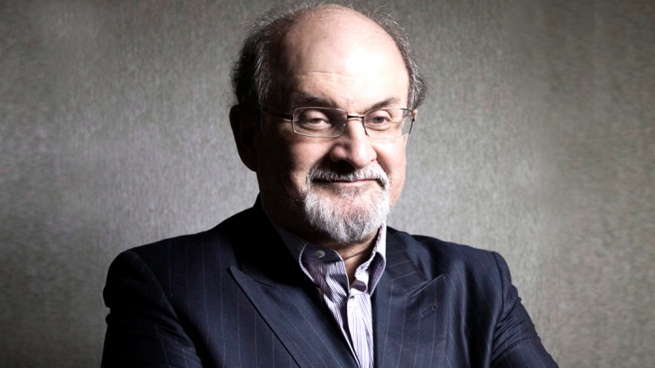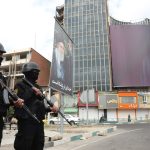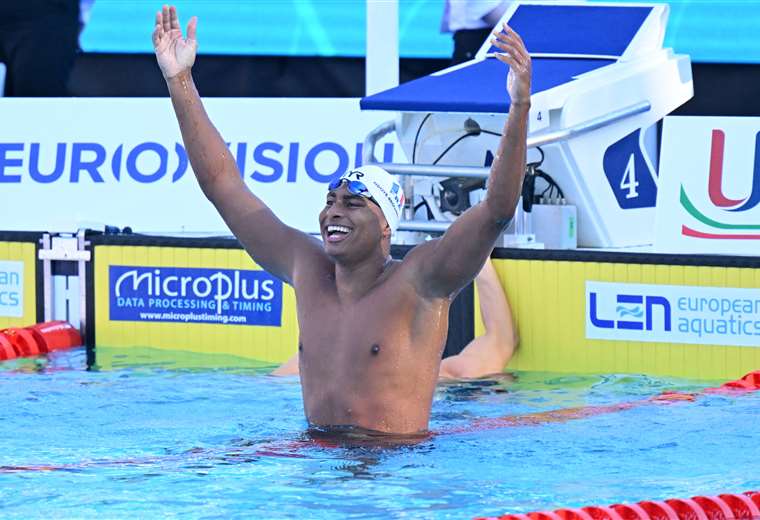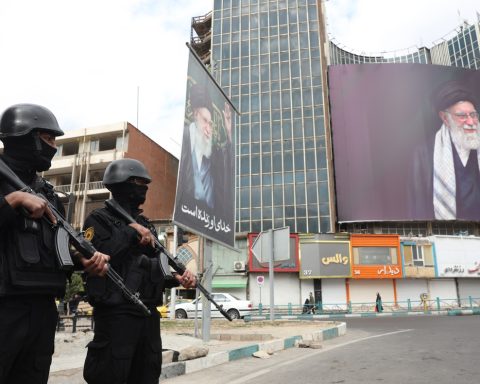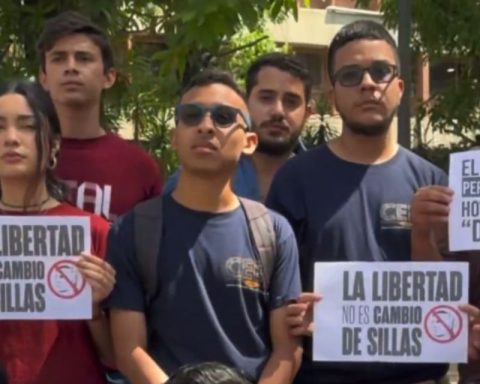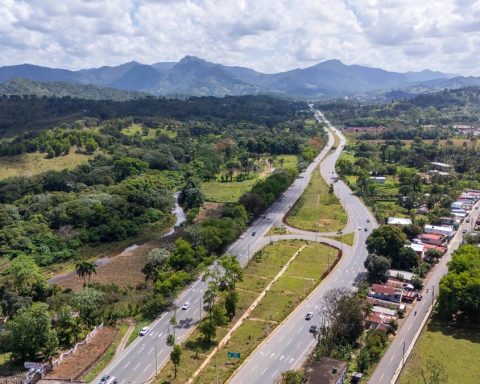Salman Rushdie was still hospitalized this Saturday after suffering serious injuries when he was stabbed this Friday in the United States, a fact that shocked and outraged much of society and world leadersand drew praise for the award-winning author who suffered death threats for more than 30 years for his novel “The Satanic Verses.”
Rushdie, 75, suffered liver damage as a consequence of the attack that also caused the nerves to be cut in one of his arms, and eye injuryfor which he underwent surgery and was still connected to an artificial respirator, according to what his agent Andrew Wylie told the American press.
Authors, activists and government officials condemned the attack and highlighted Rushdie’s courage for his continued defense of free speech despite the risks to his own safety.
Authors, activists and government officials condemned the attack and praised Rushdie’s courage for his continued defense of free speech despite the risks to his own safety.
His colleague and friend, writer Ian McEwan, called him an “inspiring advocate for persecuted writers and journalists around the world,” and actor and author Kal Penn cited him as a role model “for a whole generation of artists, especially many of us in the South Asian diaspora toward whom he has shown incredible warmth,” The New York Times reported.
The alleged attacker of the writer was identified by the police as Hadi Matar, 24, who was arrested after the attack at the Chautauqua Institution, a nonprofit educational and retirement center where Rushdie was scheduled to speak.
Matar is from Fairview, New Jersey, and was born in the United States to Lebanese parents, émigrés from Yaroun, a border village in southern Lebanon, said the village’s mayor, Ali Tehfe.
Since 1989 Rushdie has been under a death sentence, based on a fatwa issued by Ayatollah Ruhollah Khomeinifrom Iran, considering his book “The Satanic Verses” offensive to Islam.

The writer born in India in 1947 and nationalized British and American, eternal candidate for the Nobel, published more than ten novels, an autobiography, several essays, stories and stories for children.
International fame came to him with the novel “Children of Midnight”, published in 1980, a book with which he won the Booker Prize, the most prestigious in the United Kingdom.
In the late 1990s, after Iran declared in 1998 that it would not support his assassination, Rushdie went out of hiding although he continued his life under heavy securitygiven that a radical group offered a reward of three million dollars for his head, a threat that he himself downplayed.
He managed to escape imminent assassination attempts during the 1990s, but many of his collaborators became victims because Khomeini’s fatwa not only condemned Rushdie, but also condemned all publishers who published his work, including Hitoshi Igarashi, the Japanese translator of “The Satanic Verses”, who died after being stabbed.
When the Iranian regime closed down the religious publisher in 1998, the writer kept a low profile, only appearing in a few events with great security measures, but for a few years he relaxed that routine, already installed in New York, and announces his public appearances on his website.
